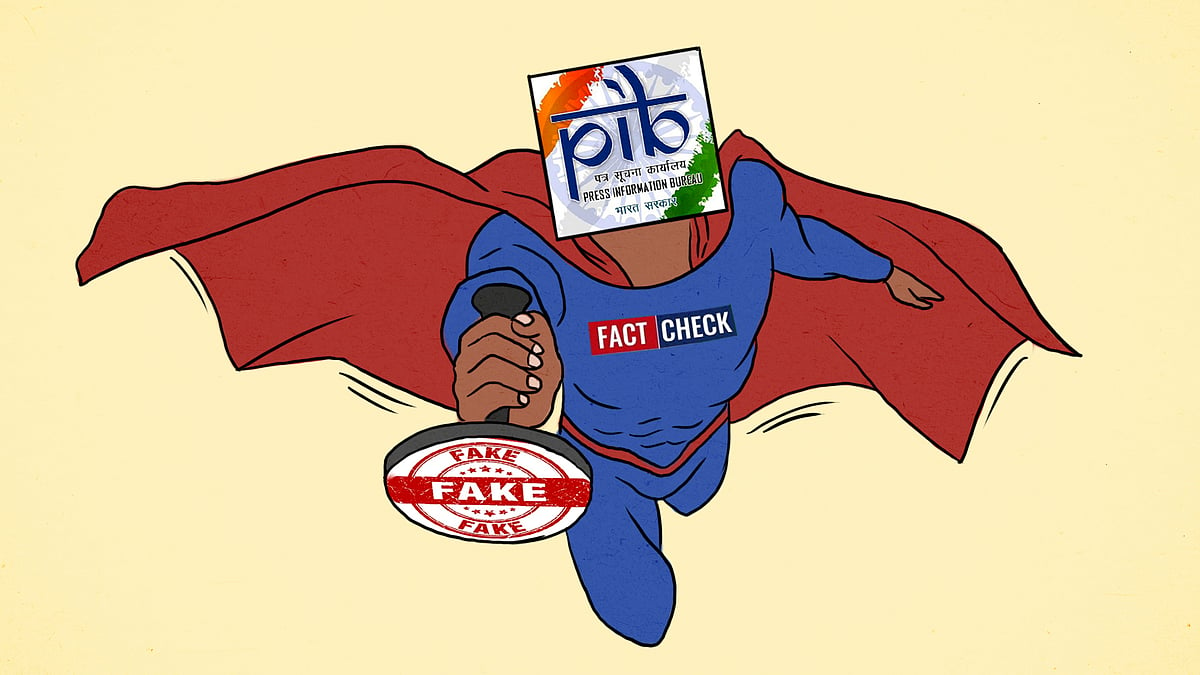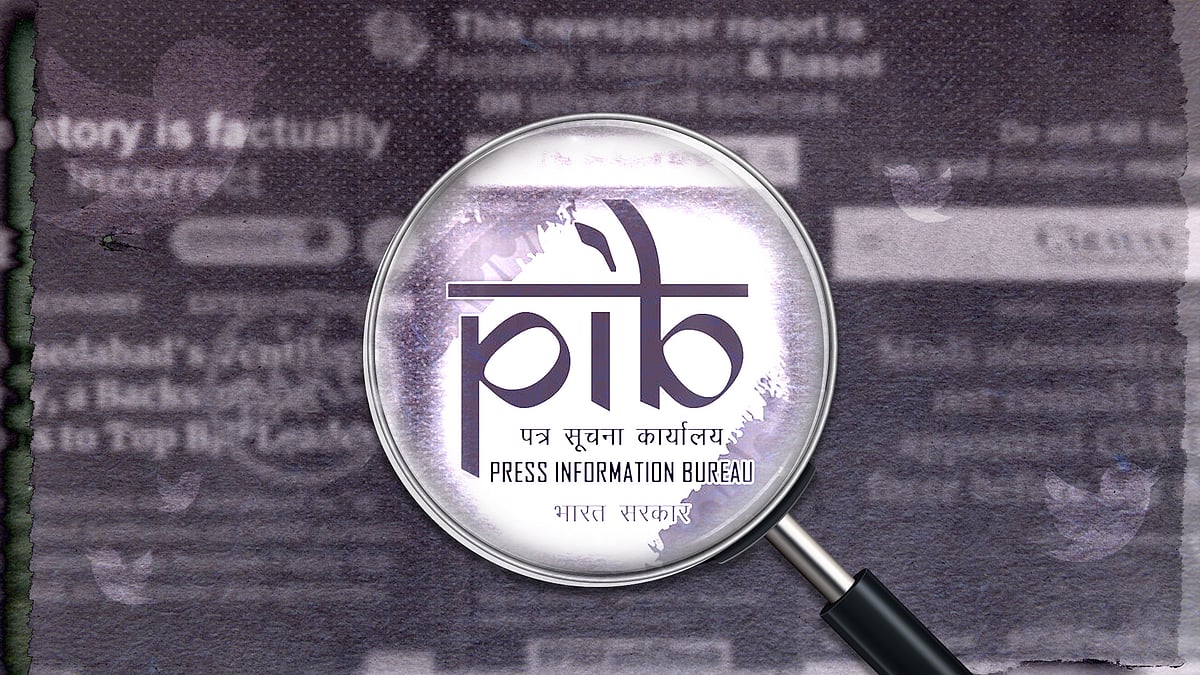‘Absurdity of an interested party playing judge’: Newspapers slam PIB being arbiter of ‘fake news’
The Hindu’s editorial called it ‘problematic at many levels’.
The IT ministry’s suggestion that the Press Information Bureau be the arbiter of what is “fake news” and what is not has received some amount of pushback from newspapers. Almost every leading newspaper in English carried the news item on its pages during the course of this week.
The ministry proposed an amendment to the IT Rules whereby all intermediaries, including social media platforms, will need to ensure that any news article identified as “fake or false” by the Press Information Bureau’s Fact Check Unit is not allowed on their platform.
Apart from reportage on the amendment, the Indian Express on page 1 today explained why the “draft rules on PIB’s fact checks can do with a few more checks”. The report detailed instances of PIB’s fact checks getting it wrong.
“The PIB’s fact-check unit has redflagged more than a thousand ‘unverified’ reports so far...While PIB’s fact-checks routinely debunk dubious WhatsApp forwards and social media posts, its ‘fake news’ stamps on some posts raise questions.”

The Hindu’s editorial today said the PIB cannot be the “sole arbiter of truth” and said the ministry’s proposed amendment “needs to be opposed without even a second look”.
“This is problematic at many levels, with deep implications for free speech and information...The disturbing absurdity of an interested party also playing the judge cannot be missed,” the editorial said. “It is a really nasty world of disinformation out there but one would have to be delusional to think that governments do not have an axe to grind.”
It described the amendment as the government’s “with which to easily throttle voices opposing it”.
Times of India also slammed the amendment as having the potential to “stifle journalism”. Its editorial this morning urged the government to withdraw those sections of the draft Rules since “regulation of the press, which functions as a watchdog for citizens, is best done by an independent body”.
While it’s a “long-practised norm” for governments to reject or deny critical stories, allowing them to call it “fake” will put the government’s powers “in a wholly different league, especially if it won’t offer any documentary evidence as to why a story is fake”.
Newslaundry had earlier reported on multiple instances where PIB’s fact-check – which was launched in 2019 – did, in fact, get things wrong. The media does need to be held to account, but that’s not what the PIBis setting out to do. Read all about it here.
 Content termed ‘fake’ by PIB’s fact check must be taken down, suggests proposed change to IT Rules
Content termed ‘fake’ by PIB’s fact check must be taken down, suggests proposed change to IT Rules The embarrassment that is PIB Fact Check: Who fact-checks this ‘fact checker’?
The embarrassment that is PIB Fact Check: Who fact-checks this ‘fact checker’?
NL Digest
A weekly guide to the best of our stories from our editors and reporters. Note: Skip if you're a subscriber. All subscribers get a weekly, subscriber-only newsletter by default.
